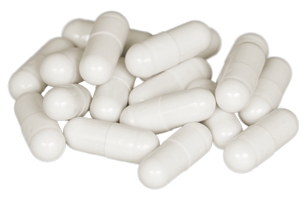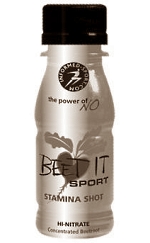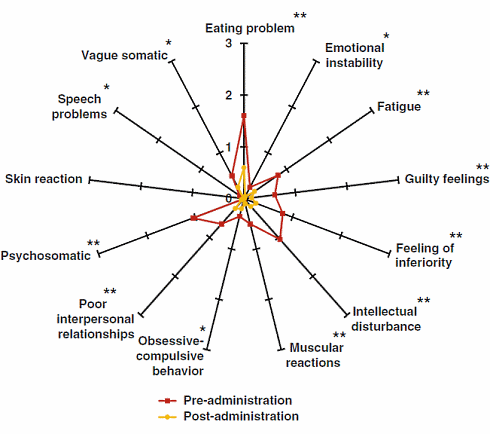|
Cannabidiol makes you less shy within three hours
Shyness is a useful human characteristic that protects you from social blunders. But sometimes shyness is a nuisance - for example, if you have to have to speak in public, or in situations where you have to stand up for yourself. In such situations, supplementation with the legal cannabis component cannabidiol may be helpful. In the right dosage at least.
Study
Brazilian neurologists from the University of Sao Paulo had 60 healthy test subjects speak to an audience. Just before, during and after the presentation, the subjects gave their feelings on anxiety stress a score between 0 and 100.
The researchers divided the subjects into 5 different groups. A control group swallowed a placebo 2 hours and 30 minutes before the talk, another control group took 2 milligrams of the anti-anxiety drug clonazepam. The three experimental groups received a dose of 100, 300 or 900 milligrams of cannabidiol. In the blood, cannabidiol's concentration 2 hours and 30 minutes after intake.
Results
The stress-inhibiting effect of cannabidiol during the talk [S] was smaller than that of the clonazepam, but the most effective dose [300 milligrams] lowered the anxiety scores as well. Just before [P] and just after [F] public performance, the 300 milligram dose of cannabidiol even outperformed clonazepam.


The 100 and 900 milligram doses had no effect.
Mechanism
"The specific pharmacological mechanism responsible for this effect remains to be elucidated", the researchers wrote. "Cannabidiol is a drug with multiple pharmacological targets, including the interaction with several receptors (CB1, CB2, GPR55, TRPV1, and 5-HT1A), interference with the uptake and metabolism of endocannabinoids, and increase hippocampal neurogenesis in the adult brain. Several studies have supported the involvement of 5-HT1A receptors [5-HT1A = a subtype of serotonin receptor - ed.] in the acute anxiolytic action of cannabidiol."

"The mechanisms responsible for the inverted U-shaped dose-response curve of cannabidiol are poorly understood. They could involve interactions with the vanilloid receptor 1 or TRPV1. At high concentrations, CBD can activate these receptors and facilitate glutamate release and defensive responses. This mechanism could mask cannabidiol's anxiolytic effect mediated by 5-HT1A receptors."
Conclusion
"Our results are consonant with evidence from preclinical studies and support the view that cannabidiol induces acute anxiolytic effects with an inverted U-shaped dose-response curve in humans", the Brazilians concluded. "These findings stress the importance of the careful choice of dose ranges when investigating the potential therapeutic effects of cannabidiol."
"Further studies assessing the dose-response curve of cannabidiol in other conditions such as schizophrenia, pain, epilepsy, and Parkinson's disease and involving the chronic administration of cannabidiol are necessary to translate preclinical evidences into clinical practice and to determinate the precise therapeutic window of cannabidiol for each condition."
Source:
Front Pharmacol. 2017 May 11;8:259.
Archives:
Cerebrogenics
Psychology
|







